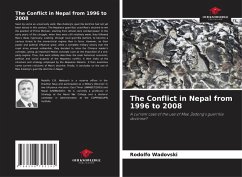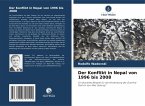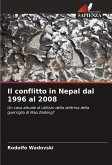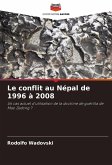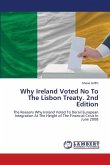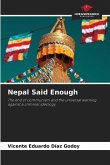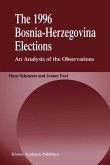Seen by some as universally valid, Mao Zedong's guerrilla doctrine had not yet been tested in this century. The Nepalese guerrillas used Mao's doctrine to win the position of Prime Minister, starting from almost zero combat power. In the early years of the struggle, when they were still relatively weak, they followed Mao's ideas rigorously, seeking, through rural guerrilla warfare, to become a serious threat to the monarchical regime then in force. However, as their power and political influence grew, while a complete military victory over the royal army proved unfeasible, they decided to relax the Chinese leader's concepts, giving up important Maoist concepts such as the imposition of a one-party regime. Thus, this work initially describes the main historical, economic, political and social aspects of the Nepalese conflict. It then looks at the structure and strategy employed by the Nepalese Maoists. It then examines some current criticisms of Mao's doctrine. Finally, it concludes on the use of Mao Zedong's guerrilla doctrine in Nepal.
Bitte wählen Sie Ihr Anliegen aus.
Rechnungen
Retourenschein anfordern
Bestellstatus
Storno

